Search by Topic
- Acid Reflux 1
- CDC 1
- CT Scans 1
- Corticosteroids 1
- Delta Variant 1
- Flu vaccine 1
- GERD 1
- Gastroesophageal Reflux Disease 1
- HEPATITIS C 1
- Intermittent Fasting 1
- Johnson and Johnson 1
- KETO DIET 1
- MDVIP 1
- MS 1
- Masks 1
- Men's Health 1
- Moderna 1
- Multiple Sclerosis 1
- Pfizer 1
- Plenity 1
- Tryptophan 1
- alcohol 1
- alcohol abuse 1
- aspirin 1
- blood pressure 1
- bone health 1
- calcium 1
- cardiovascular 1
- cardiovascular disease 1
- cholesterol 1
- coconut oil 1
- coronary plaque 1
- coronavirus 12
- covid vaccine 4
- covid-19 19
- covid-19 in Children 1
- covid-19 testing 1
- deep venous thrombosis 1
- diabetes 2
- diet 1
- emotional wellbeing 1
- exercise 2
- fitness 1
- flu 3
- flu vaccine 1
- healthy holiday 1
- healthy living 1
- hearing 1
- heart disease 1
- heart disease prevention 1
Credit: Ascension St John
The novel coronavirus, which causes a disease known as COVID-19, is spreading from person to person in parts of the United States. This is a rapidly evolving situation and the CDC’s risk assessment will be updated as needed.
Symptoms: Patients with COVID-19 have mild to severe respiratory illness with symptoms that can include fever, cough, and shortness of breath, according to the CDC. There is no specific treatment for COVID-19. Most infected people will recover on their own.
Tips: It’s still cold and flu season, and the same practices that stop the spread of these common illnesses are recommended:
- Wash your hands often with soap and water for at least 20 seconds. Alcohol hand sanitizers are also effective.
- Avoid touching your eyes, nose, or mouth with unwashed hands.
- Avoid close contact with people who are sick.
- Stay home if you are sick (except to get medical care). Keep sick children home from school or daycare.
- Cough or sneeze into a tissue or your elbow. If you use a tissue, wash your hands afterwards.- Clean and disinfect frequently touched objects and surfaces (like doorknobs and light switches). Regular household cleaners are effective.
- Get plenty of rest, drink plenty of fluids, eat healthy foods, and manage your stress to keep your immunity strong.
If you or a family member has traveled recently to an area of risk, or if you think you may have been exposed to the virus and have symptoms of respiratory illness, you should call your clinic for further instructions. It’s important to call us ahead of time rather than coming directly into one of our facilities or making an appointment online. Calling ahead helps us direct you to the most appropriate care, and take precautions to protect other members, patients, and employees.
Guidance for people at higher risk for severe COVID-19 illness: Public health agencies recommend that people at higher risk of severe illness should stay home and away from large groups of people as much as possible, including public places with lots of people and large gatherings where there will be close contact with others. This includes concert venues, conventions, sporting events, and crowded social gatherings.
People at higher risk include those:
- Over 60 years of age
- With underlying health conditions including include heart disease, lung disease, or diabetes
- With weakened immune systems
- Who are pregnant
There is no evidence that children are more susceptible to COVID-19. In fact, most confirmed cases have occurred in adults. Caregivers of children with underlying health conditions should consult their doctor about whether their children should stay home. Anyone who has questions about whether their condition puts them at risk for COVID-19 should call the COVID-19 Call Center with the Oklahoma State Health Department - 1-877-215-8336.

